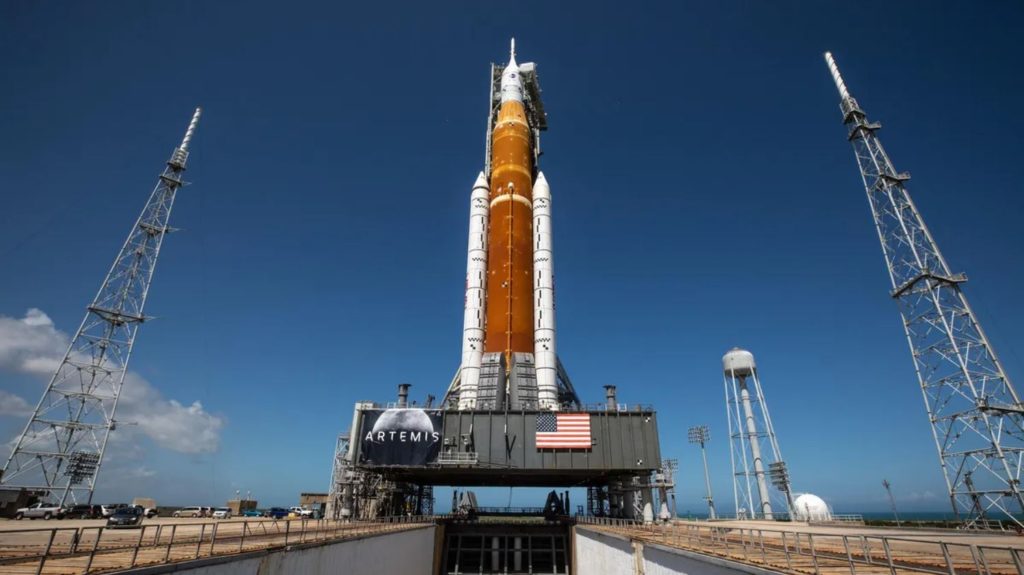|
Getting your Trinity Audio player ready...
|
Japan Space Agency announced Tuesday that it had abandoned plans to land the country’s ultra-small space probe on the moon after contact with the lander failed to settle after its launch last week.
According to the Japan Aerospace Exploration Agency, the Omotenashi lander was unable to receive messages from Earth in order to alter its trajectory and location because its solar cells continued to face away from the sun. According to the agency, attempts to adjust its location and orbit were likewise futile.
The Omotenashi was carried onboard NASA’s Artemis I rocket launch. At a press conference following the decision to cancel the lunar landing, Tatsuaki Hashimoto, a professor at JAXA, dubbed the development a “failure beyond failure.”
The Omotenashi, billed as the tiniest lunar lander in the world, was launched on the Space Launch System on Wednesday from the Kennedy Space Center in Florida, home of the National Aeronautics and Space Administration.
The lander successfully disengaged from the rocket upon launch and began its ascent toward the moon. However, when its body moved away from the sun once every four to five seconds or eight times faster than the presumptive limit, its solar cells stopped working.
The chance to enter a lunar orbit and land on the moon would have been lost by waiting until the solar cells recovered on Tuesday or later, according to the agency.



